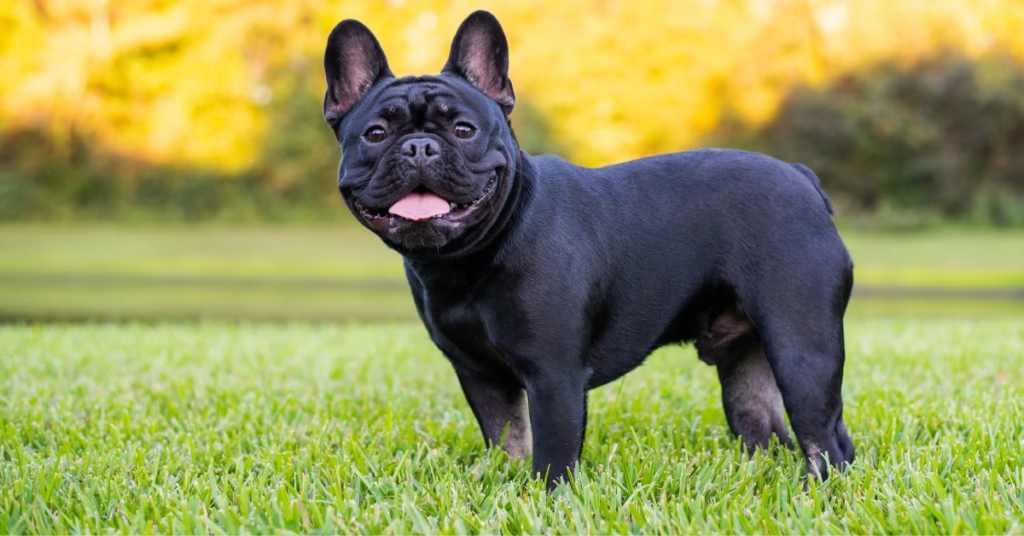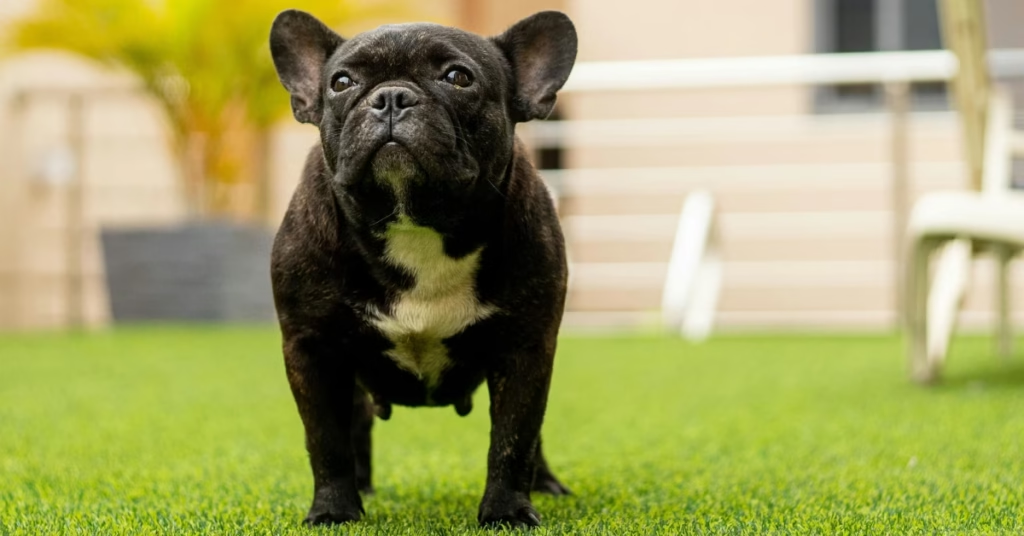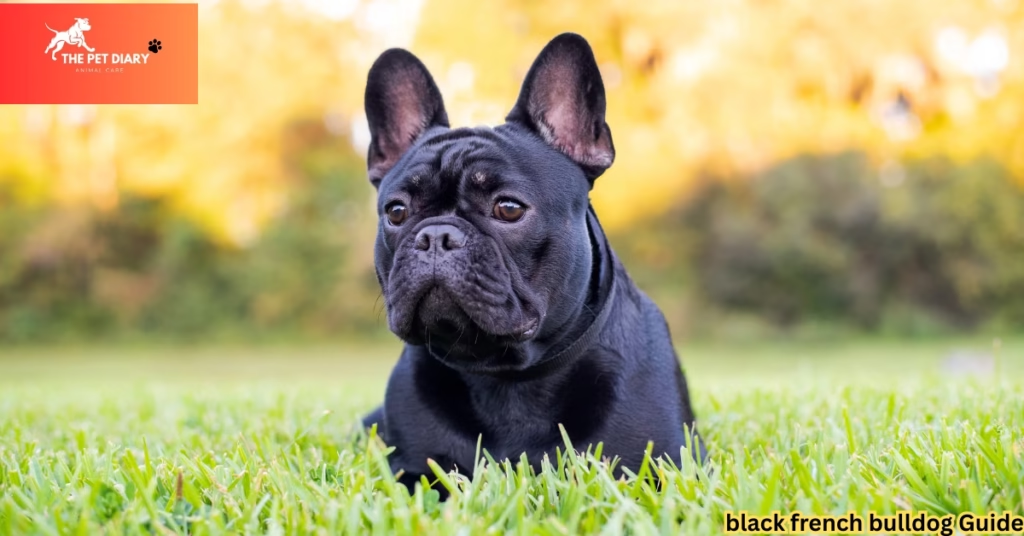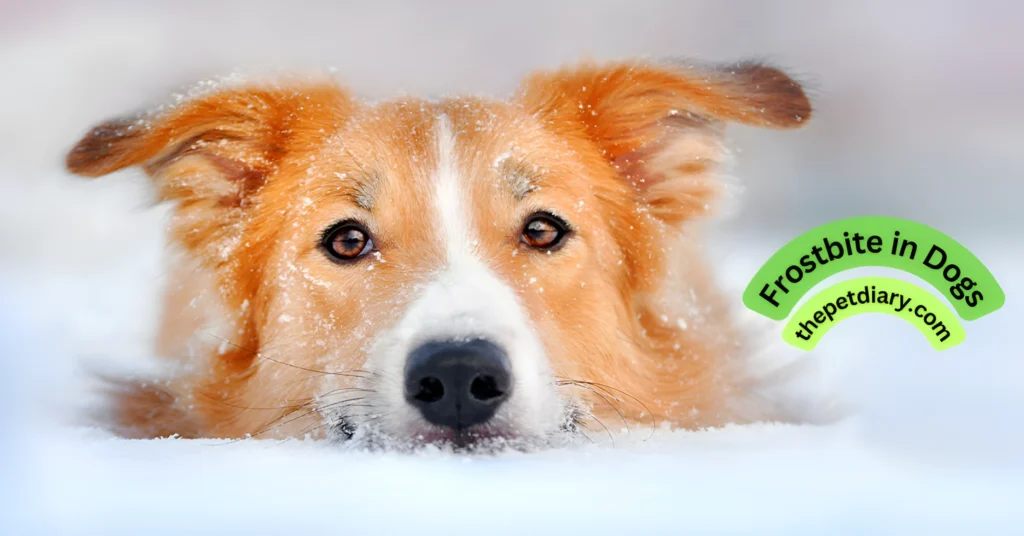The Black French Bulldog is a striking and rare variation of the beloved brindle frenchie breed. With its sleek coat, expressive face, and compact body, it captures the hearts of dog lovers everywhere. In this article, we’ll dive deep into what makes the black French bulldog special appearance, genetics, temperament, health, care, and how to find the best black French bulldog puppies. The black French Bulldog Guide also explores related variants like black and white French bulldog, black and tan French bulldog, and black merle French bulldog.
What is a Black French Bulldog?
-
A “black French bulldog” is generally a French Bulldog whose coat is solid black or nearly solid, sometimes with minimal white markings.
-
Unlike more common color standards (brindle, fawn, pied, etc.), pure black is not always recognised by major kennel clubs.
-
Genetic traits: the K locus plays a role in determining whether a Frenchie will be solid black, brindle, or other patterns.
Appearance: Coat, Size, Variations

Here we compare different coat and variant types, using your keywords.
| Variant | Coat Pattern / Color | Distinctive Features |
|---|---|---|
| black French bulldog | Solid black coat; sometimes with minimal white on the chest | Very sleek, striking, rare, tends to cost more; coat requires care to shine |
| black and white French bulldog / black white French bulldog puppies | Black with distinct white patches (e.g, chest, paws, throat) | Contrast: White patches make each dog unique; they may need skin care for lighter areas |
| black and tan french bulldog / black tan french bulldog | Solid black base with tan (brown/beige) markings in certain areas (paws, eyebrows, etc.) | Offers a dramatic contrast; visually striking; genetics are more complex |
Related: Blue French Bulldog Breed Guide: Traits, Care & Health Tips
Size & Build
-
Adult French Bulldogs are compact, muscular, with a short muzzle and “bat ears.”
-
Typical height is about 11-13 inches (28-33 cm), and weight can range from ~16-28 lbs (7-13 kg), depending on sex and build.
Temperament and Personality
-
French Bulldogs are known to be affectionate, loyal, playful, and gentle.
-
They are good with family children and often do well with other pets if socialized early.
-
Energy levels are moderate to low: Frenchies enjoy short bursts of activity, but also like lounging.
-
Potential for stubbornness during training, so positive reinforcement, patience, and consistency are important.
Health, Lifespan, and Care Needs
| Health Aspect | Details / Risks | Care Recommendations |
|---|---|---|
| Breathing Issues (Brachycephalic) | Flat face → narrow nostrils, elongated soft palate; risk of overheating & difficulty breathing. | Keep the environment cool; avoid strenuous activity in heat, regular vet checkups; avoid obesity. |
| Skin & Coat Issues | Skin folds near the tail can harbor moisture and lead to infection. Coat, especially in black dogs, may show dandruff or faded color due to a poor diet. | Clean folds regularly; bathe appropriately; use shampoo made for dark coats; balanced diet with omega fatty acids. |
| Genetics & Recognition | Some kennel clubs do not officially recognize a pure black coat in French Bulldogs. This can affect breeding, show eligibility. | When buying from a breeder, ask about pedigree, genetic testing, breed standard recognition, and health certificates. |
| Life Span | Typically, around 10-12 years for well-cared-for French Bulldogs. | Regular vet care, proper nutrition, avoiding obesity, dental care, and maintaining moderate activity. |
Finding & Choosing a Black French Bulldog Puppy:

What to Look For
-
Check for a black French bulldog puppy that has clean eyes, a healthy coat, and good body condition.
-
Make sure the breeder provides proof of parents’ health, vaccinations, and possible genetic tests.
-
Ideally, see the puppy’s parents to understand behavioral traits and temperament.
Price & Rarity
-
Because the black French bulldog color is rare (pure black, especially), the price is usually higher than for more common colors.
-
Also consider additional costs: grooming, vet, potential breathing or skin care, especially in black coats.
Where to Buy
-
Reputable breeders who specialize in fawn frenchie.
-
Rescue organizations (sometimes people surrender French Bulldogs).
-
Always avoid puppy mills or breeders who do not prioritize health and temperament.
Comparisons: Black Frenchies vs Other Frenchie Color Variants
Here is a comparison table of black French bulldogs and related color variants to help you decide what suits you best.
| Feature | Black French Bulldog / Puppies | Black and White / Black White Frenchie Puppies | Black and Tan / Black Tan Frenchie |
|---|---|---|---|
| Visual Contrast | High, sleek, solid, striking look | Very noticeable contrast; unique markings | Dramatic contrast regions at paws, face, etc. |
| Grooming / Maintenance | Solid, darker coat may show dandruff, require shine enhancement | White patches can get dirtier; they need more cleaning | Similar to black, plus tan areas may be more sensitive to sun fading |
| Rarity & Cost | Most rarest & expensive among these variants | Somewhat more common; price slightly lower | Also rare; price variable depending on markings |
| Breed Recognition | Less recognized by some kennel clubs | More acceptable in many breed standards, depending on markings | May or may not be recognised, depending on the extent of markings & breeder |
Care Tips for Black French Bulldogs
-
Diet & Nutrition: Use high-quality dog food, ensure balanced proteins and fats; foods rich in omega-3 and omega-6 help coat shine.
-
Exercise: Short walks, indoor play; avoid high heat or humidity; never over-exercise.
-
Grooming: Weekly brushing; monthly baths; clean wrinkles/folds regularly; check ears.
-
Environmental Needs: Comfortable temperature; shade and water; soft sleeping surfaces.
-
Training & Socialization: Patience is essential; start early; use reward-based techniques, and interact with both people and other animals.
🐾 Conclusion OF Black French Bulldog Guide:
The Black French Bulldog is a rare, eye-catching variation of the beloved Frenchie breed. With their affectionate personality, compact size, and sleek coat, these dogs make excellent companions for city dwellers and families alike. While their color adds uniqueness, their care needs are similar to other French Bulldogs. Regular vet visits, a balanced diet, and attention to breathing and skin health. Whether you choose a black French bulldog puppy, a lilac French bulldog, a black and white French bulldog, a striking black and tan French bulldog, or a blue merle French bulldog, selecting a reputable breeder and understanding the breed’s special requirements will ensure a happy, healthy life with your Frenchie. Learn more at ThePetDiary.com.
❓ FAQS of Black French Bulldog Guide:
Q1. How rare is a pure Black French Bulldog?
Pure black coats are uncommon and may not meet some kennel club standards, which can make these dogs more expensive and harder to find.
Q2. Does the black coat affect health?
No. Their health concerns, like breathing issues or skin fold infections, are linked to the breed’s flat face and body type, not coat color.
Q3. Are Black French Bulldogs good with children?
Yes. They’re affectionate, playful, and generally patient, making them wonderful family pets when socialized early.
Q4. How much does a Black French Bulldog puppy cost?
Prices vary by breeder and lineage but often range higher than common colors because of the coat’s rarity.
Q5. What grooming do they need?
Weekly brushing, monthly baths, and careful cleaning of facial folds to prevent moisture-related infections keep their coat shiny and healthy.
Q6. Can Black French Bulldogs compete in dog shows?
Some kennel clubs don’t recognize the solid black coat as a standard color, so show eligibility depends on the organization.


